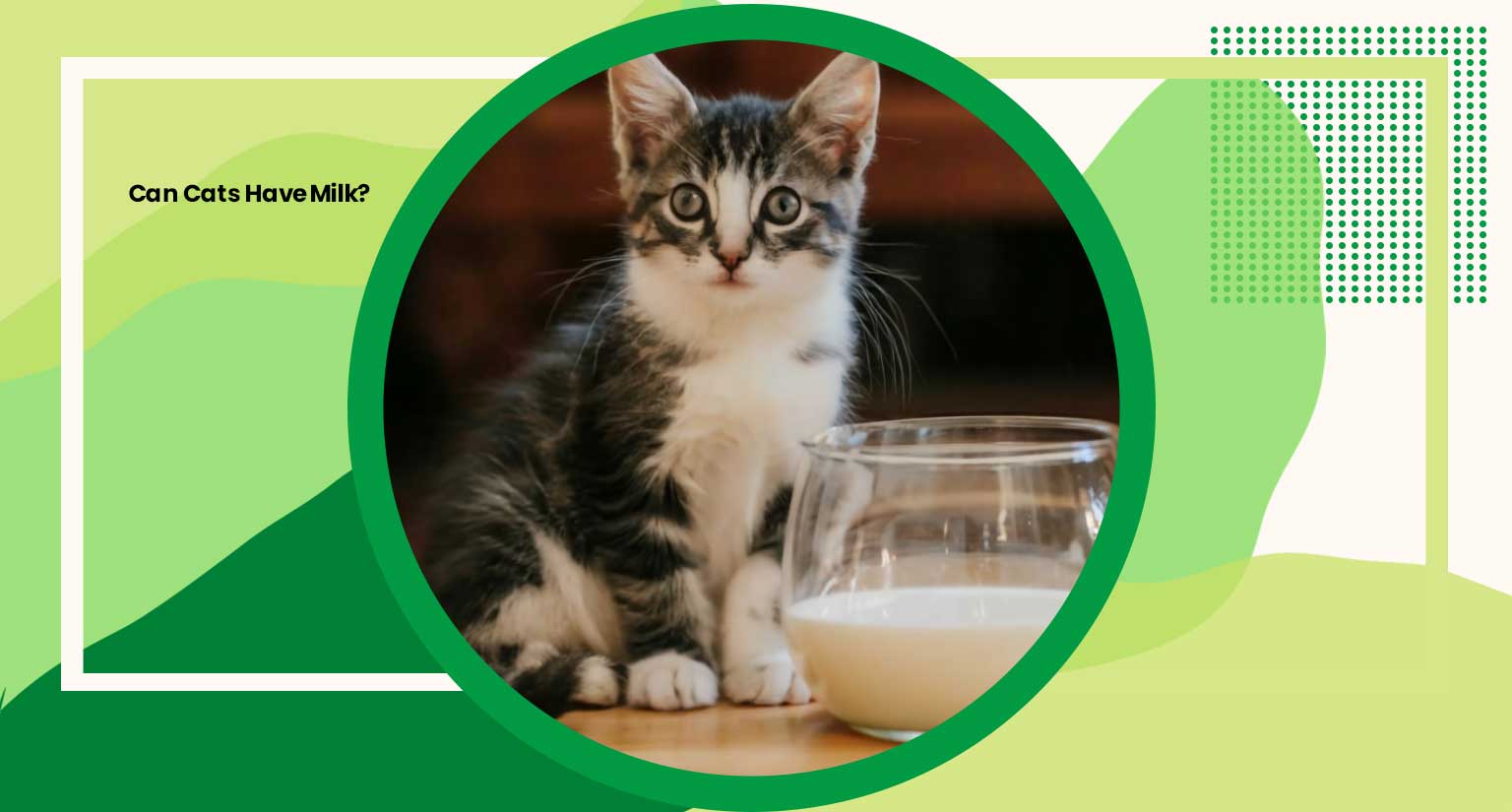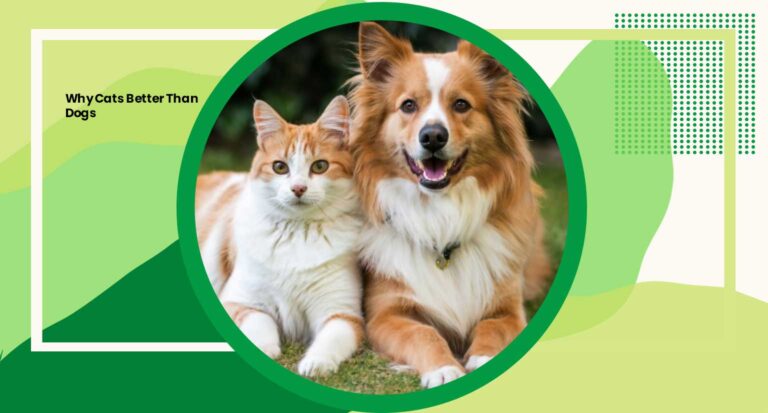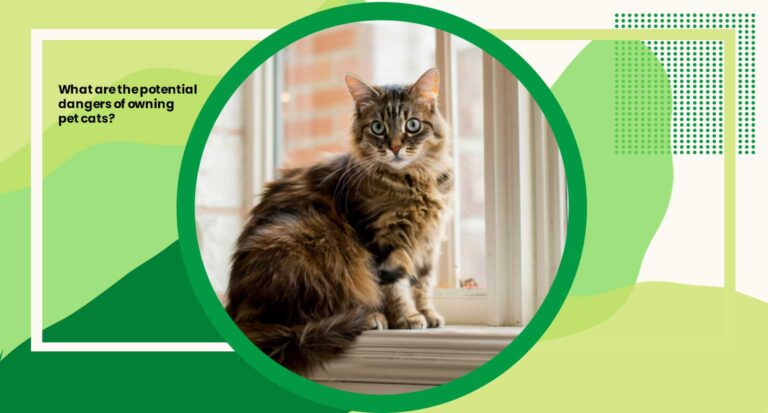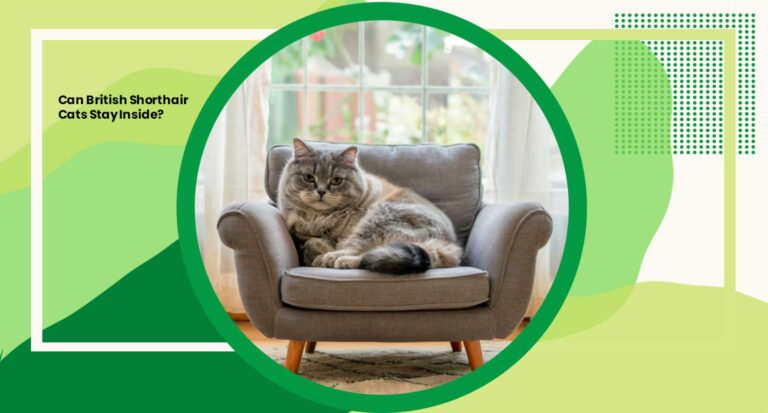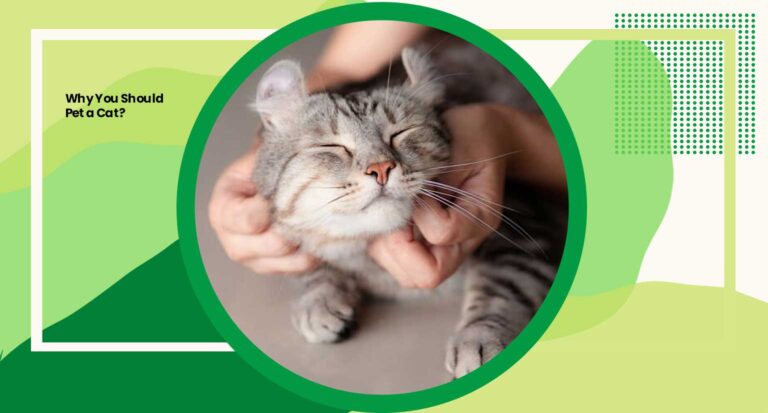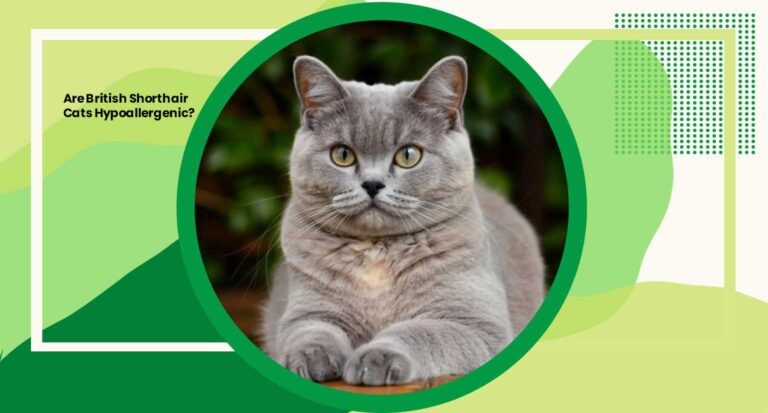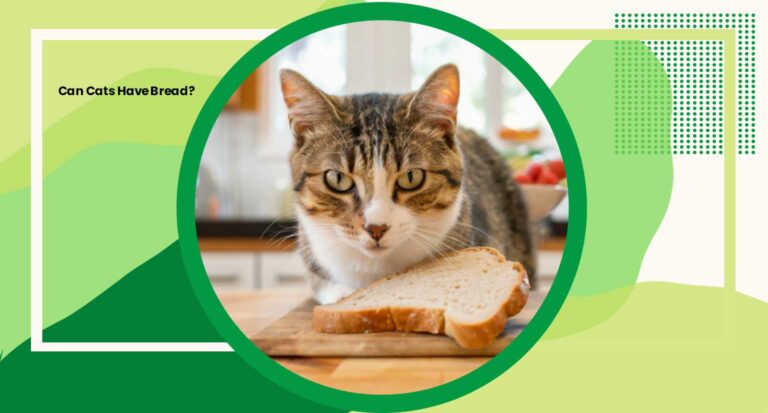Can Cats Have Milk? Exploring 10 Surprising Benefits of Milk for Cats
The image of a contented cat lapping up a bowl of milk is an iconic one. However, there’s more to this picture than meets the eye. The question, Can cats have milk? isn’t as straightforward as it may seem. In this comprehensive, the nuances of feline nutrition explore whether milk is a suitable addition to your cat’s diet.
Whether you’re a seasoned cat owner or a curious enthusiast, understanding the facts behind this age old question is crucial for ensuring a feline friend’s health and well being.
Can cats have milk? And is milk good for cats?
The notion of cats loving milk is deeply ingrained in popular culture, but the reality may surprise you. While cats may indeed enjoy the taste of milk, the question remains, is it actually good for them?
Contrary to popular belief, milk is not an essential part of a cat’s diet once they reach adulthood. In fact, many cats are lactose intolerant, meaning they lack the necessary enzyme, lactase, to properly digest lactose, the sugar found in milk.
Feeding milk to lactose intolerant cats can lead to digestive issues such as diarrhea, vomiting and discomfort. Even for cats that can tolerate lactose, milk should only be given as an occasional treat and not as a staple part of their diet.
As responsible pet owners, it’s crucial to prioritize your cat’s nutritional needs by providing them with a balanced diet that meets their dietary requirements without relying on milk. Stay informed and make informed choices about what you feed your feline companion to ensure their health and happiness for years to come.
The Benefits of Cats Drinking Milk
While the image of a cat happily lapping up a bowl of milk is a familiar one, it’s essential to discern between myth and reality when it comes to the benefits of cats drinking milk. Whole milk may seem like a tasty treat for your feline friend, it’s essential to understand the potential drawbacks and limitations. Here are ten common misconceptions about the benefits of cats drinking milk.
Calcium Source
Milk is often associated with being a rich source of calcium, which is essential for bone health. However, adult cats typically obtain sufficient calcium from their regular diet and excess calcium intake can lead to health issues.
Hydration
Whole milk contains water, it’s not an efficient way to keep your cat hydrated. Fresh, clean water should always be your cat’s primary source of hydration.
Nutritional Value
Milk lacks essential nutrients that cats need for optimal health. Feeding milk as a primary source of nutrition can lead to nutritional deficiencies and imbalances.
Digestive Health
Many cats are lactose intolerant, meaning they lack the enzyme needed to digest lactose, the sugar found in milk. Feeding milk to lactose intolerant cats can lead to digestive upset, including diarrhea and vomiting.
Weight Management
Milk is relatively high in calories and fat, which can contribute to weight gain and obesity in cats if consumed in excess.
Dental Health
Contrary to popular belief, milk does not have significant benefits for dental health in cats. Proper dental care, including regular brushing and dental treats, is crucial for maintaining your cat’s oral hygiene.
Immune System Support
Whole milk contains some nutrients, it’s not a significant contributor to supporting your cat’s immune system. A balanced diet rich in vitamins and minerals is key to supporting your cat’s overall health and well being.
Coat Health
Whole milk contains fats that may contribute to a glossy coat, excessive consumption can lead to weight gain and other health issues.
Behavioral Enrichment
Offering milk as an occasional treat may provide some behavioral enrichment for your cat, but it should not replace a balanced diet tailored to their nutritional needs.
Human Bonding
Sharing a moment with your cat over a small amount of milk may strengthen your bond, but it’s essential to prioritize their health and well being above all else.
Ultimately, while the idea of cats drinking milk may seem charming, it’s important to prioritize your cat’s health by providing a balanced diet and suitable treats that meet their nutritional needs without compromising their well being.
What Are The Symptoms Of Cats Suffering From Milk Consumption?
While the image of a cat enjoying a saucer of milk is charming, it’s crucial to be vigilant for signs that your feline friend may be experiencing issues related to milk consumption. Cats, especially many adults, are lactose intolerant and feeding them milk can lead to various symptoms of discomfort. Here are common signs that your cat may be suffering from milk consumption.
Diarrhea
One of the most prevalent signs of lactose intolerance in cats is diarrhea. If you notice loose or watery stools in your cat, it could be a result of their inability to properly digest lactose.
Vomiting
Cats that are lactose intolerant may experience vomiting after consuming milk. Keep an eye out for regurgitation or vomiting shortly after your cat has ingested milk.
Abdominal Discomfort
Lactose intolerance can cause abdominal discomfort and bloating in cats. If your cat appears restless, repeatedly tries to use the litter box without success or shows signs of discomfort when touched, it may be related to milk consumption.
Flatulence
Excessive gas or flatulence is another potential symptom of lactose intolerance in cats. If your cat is experiencing discomfort and passes gas more than usual, it could be linked to their milk consumption.
Dehydration
Diarrhea and vomiting resulting from milk consumption can lead to dehydration in cats. Watch for signs such as lethargy, sunken eyes or dry gums and seek veterinary attention if dehydration is suspected.
Change in Appetite
Cats suffering from digestive issues due to milk consumption may exhibit a decreased appetite. If your cat shows disinterest in food or experiences a sudden change in eating habits, it’s essential to investigate the cause.
Weight Loss
Prolonged digestive issues from milk consumption can lead to weight loss in cats. If you notice a significant drop in your cat’s weight, consult with your veterinarian to address any underlying health concerns.
Behavioral Changes
Cats in discomfort may display changes in behavior. If your cat becomes irritable, avoids social interaction or hides, it could be a response to the discomfort caused by milk consumption.
It’s crucial to note that not all cats are lactose intolerant and individual tolerance levels can vary. However, if you observe any of these symptoms in your cat after consuming milk, it’s advisable to consult with your veterinarian for a thorough evaluation and appropriate guidance.
Conclusion
While the image of cats lapping up milk may be endearing, the reality is that milk may not be suitable for all feline friends. Understanding the complexities of feline nutrition and recognizing the potential risks associated with milk consumption is essential for responsible pet ownership.
While some cats may tolerate milk in moderation, many are lactose intolerant and may experience digestive discomfort as a result. To ensure the health and well being of your beloved cat, it’s best to consult with a veterinarian and prioritize a balanced diet tailored to their specific needs. Can cats have milk as a treat ? Yes, but with caution and awareness of potential risks.

